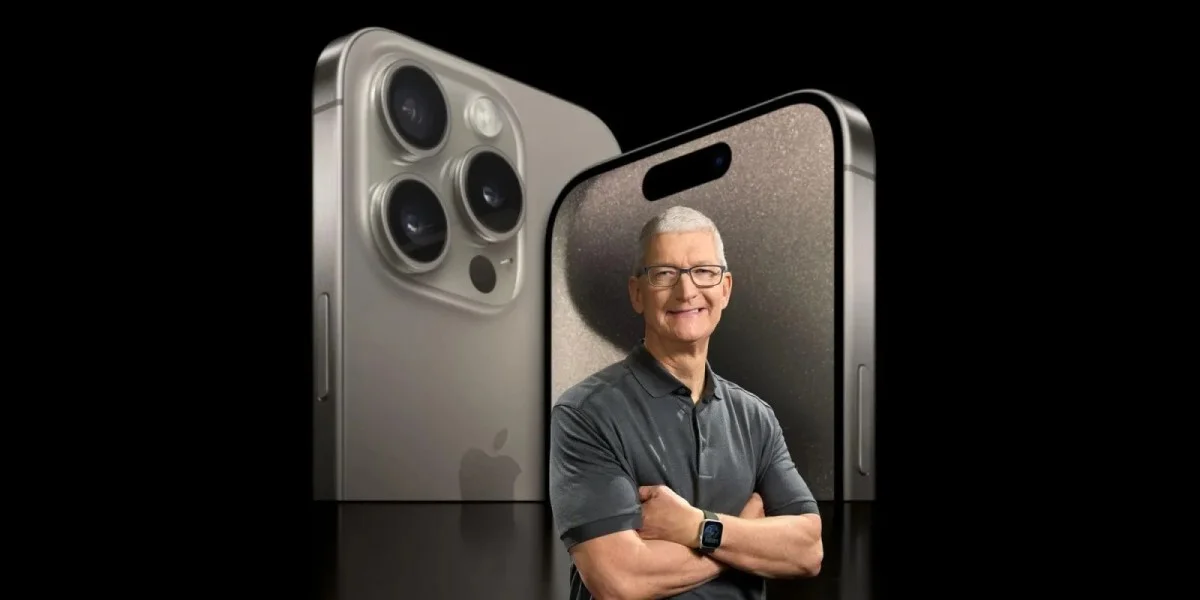01/09/2024
01/09/2024

NEW YORK, Sept 1: At Apple’s Glowtime event on Monday, September 9, Tim Cook and his team are set to unveil the new iPhone 16 and iPhone 16 Pro models. In addition to showcasing these smartphones, Apple will present its approach to generative artificial intelligence (AI). However, there is speculation that Apple might choose to bypass the AI trend that has been dominating the smartphone market.
Following Google's October 2023 launch of the Pixel and Pixel 8 Pro, which were touted as “the first AI smartphones,” the industry has seen a surge in AI-powered features. Android devices now incorporate generative AI to create content, such as summarizing articles, generating images, and more. Apple, known for entering trends later than its competitors, is expected to adopt similar AI capabilities, albeit with its signature branding.
Historically, Apple has followed trends introduced by competitors, such as augmented reality, wireless charging, and third-party app installation, presenting these features with unique branding like AirPower or Spatial Video. Generative AI may follow the same pattern, potentially branded as Apple Intelligence. This AI will likely offer functions similar to those of Android devices, including text rewriting, summarizing, and content generation, with differences primarily in user interface and presentation.
As generative AI becomes more integrated into smartphones, its potential risks are becoming increasingly apparent. Researchers, including those from Google DeepMind and Google.org, have documented misuse patterns in their paper “Generative AI Misuse: A Taxonomy of Tactics and Insights from Real-World Data.” This research highlights how generative AI can be abused across various media formats, raising concerns about its implications.
The new AI features in the Pixel 9, for example, have demonstrated practical but potentially troubling applications, such as altering images to include disasters and accidents. This raises concerns about the malicious use of generative AI and the impact of toxic online cultures.
While machine learning—another subset of AI—is already used in iOS for functions like FaceID, photo processing, and predictive text, it remains within well-defined boundaries. Apple’s focus on consumer privacy and community impact has often guided its technology choices, allowing the company to avoid crossing certain ethical lines.
Apple has the opportunity to take a cautious approach with generative AI, potentially standing apart from the industry trend. By emphasizing assistive technologies and clear functions rather than generative AI, Apple could help steer the industry towards more responsible AI use. Tim Cook’s Apple has a history of blocking harmful applications and services until issues are resolved. Limiting generative AI in the iPhone 16 and iPhone 16 Pro could provide the industry with the time needed to address the challenges associated with this technology.


